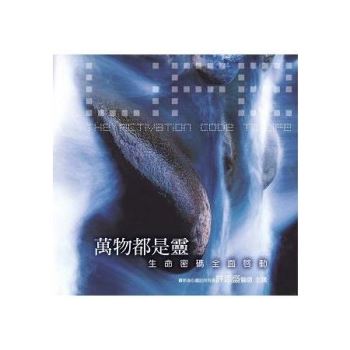Ninety percent of the indigenous population in the Americas live in the Andean and Mesoamerican nations of Bolivia, Ecuador, Mexico, Peru, and Guatemala. Recently indigenous social movements in these countries have intensified debate about racism and drawn attention to the connections between present-day discrimination and centuries of colonialism and violence. In Histories of Race and Racism, anthropologists, historians, and sociologists consider the experiences and representations of Andean and Mesoamerican indigenous peoples from the early colonial era to the present. Many of the essays focus on Bolivia, where the election of the country’s first indigenous president, Evo Morales, sparked fierce disputes over political power, ethnic rights, and visions of the nation. The contributors compare the interplay of race and racism with class, gender, nationality, and regionalism in Bolivia, Ecuador, Guatemala, Mexico, and Peru. In the process, they engage issues including labor, education, census-taking, cultural appropriation and performance, mestizaje, social mobilization, and antiracist legislation. Their essays shed new light on the present by describing how race and racism have mattered in particular Andean and Mesoamerican societies at specific moments in time.
Contributors. Rossana Barrag獺n, Kathryn Burns, Andr矇s Calla, Pamela Calla, Rudi Colloredo-Mansfeld, Mar穩a Elena Garc穩a, Laura Gotkowitz, Charles R. Hale, Brooke Larson, Claudio Lomnitz, Jos矇 Antonio Lucero, Florencia Mallon, Khantuta Muruchi, Deborah Poole, Seemin Qayum, Arturo Taracena Arriola, Sinclair Thomson, Esteban Ticona Alejo












